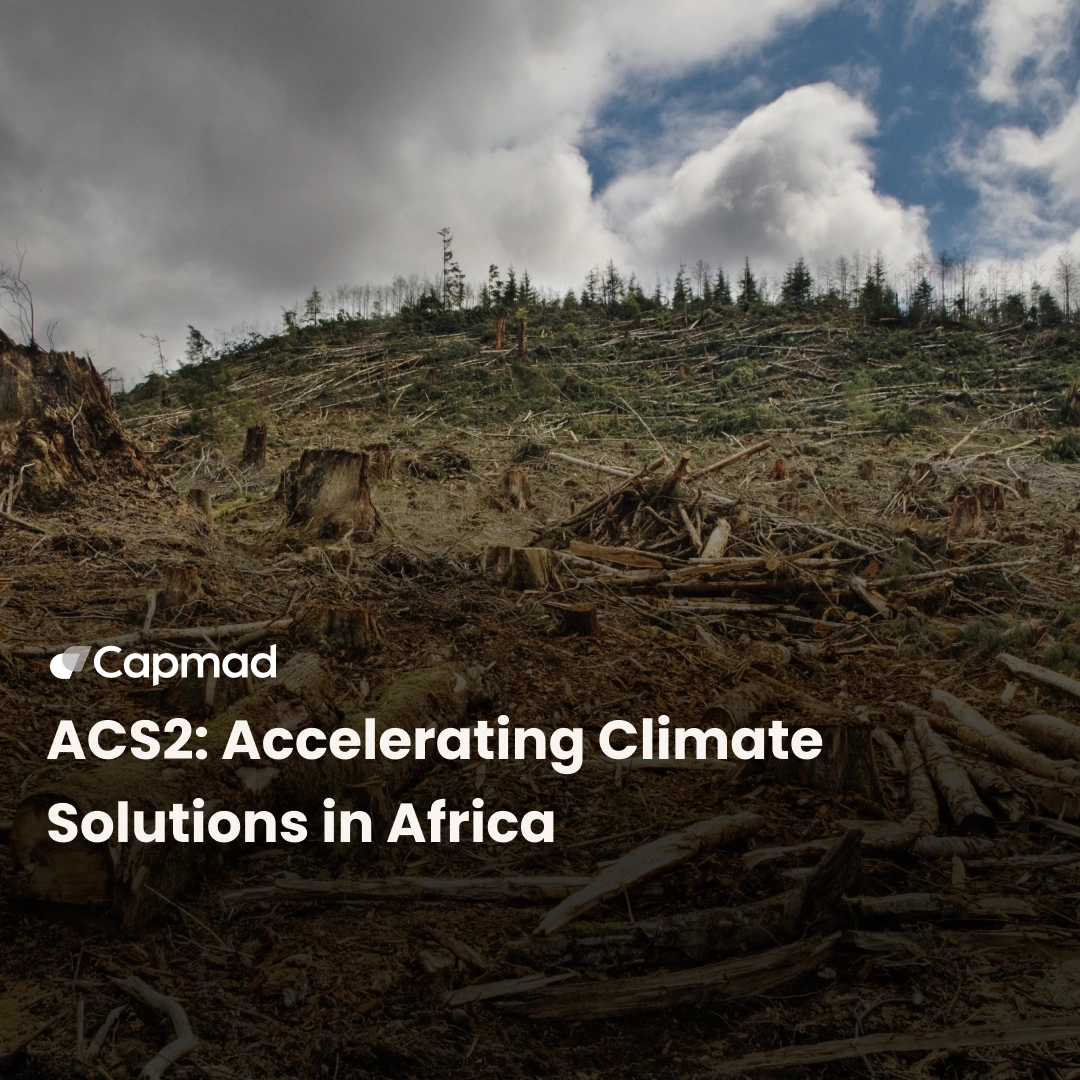Africa’s urban population is expected to reach nearly one billion people by 2035. This population explosion represents both challenges and opportunities. The rising population will lead to a more dynamic and wealthier consumer market.
Economic opportunities linked to demographics
The ongoing population boom in Africa presents both economic growth opportunities and challenges. According to recent studies, Africa is expected to experience one of the fastest population growth rates in the world.
The « African Cities 2035 » report highlights that African cities will undergo rapid urbanization over the next decade, creating a diverse set of socio-economic opportunities and challenges. Africa has experienced and will continue to have, the fastest urbanization rate among major world regions until 2035. Africa’s urban population will grow from around 650 million in 2023 to nearly one billion by 2035.
By 2035, Africa is expected to employ more young people than the rest of the world. The report emphasizes the threats facing African cities, indicating that the current population explosion has forced major African cities to “struggle with the demand for urban housing.” The threat of housing shortages in countries like South Africa and Egypt is triggering a surge in informal settlements. According to UN-Habitat estimates, more than half of Africa’s urban population lives in slums. This figure is expected to rise from 400 million to 1.3 billion by 2050, the report warns.
African demographic growth : Challenges to anticipate
In turn, Africa will face an even more severe unemployment crisis, poor public services, and an overwhelming demand for public services. These are just a few of the major challenges Africa will have to address over the next decade, warns the EIU report.
There will be an increase in megacities with populations exceeding 10 million, while 17 other cities will have populations of over five million, and another 100 cities will have populations of over one million. On the other hand, rapid urbanization across Africa will contribute to creating more dynamic and wealthier consumer markets, more sophisticated and connected commercial and distribution hubs, as well as larger bases for industrial production and import-export operations.
As a result, regional leaders of the Southern African Development Community (SADC), meeting at the recent summit in Harare, Zimbabwe, agreed on the need for urgent positive action. African governments must first use demographic projections to anticipate demand for housing, schools, waste management, water, and transportation.
Africa’s population explosion will change the world order
According to a report by the International Monetary Fund (IMF), just eight countries will account for more than half of the world’s population growth over the next three decades, and five of these countries are in Africa. The report notes that until April of this year, China was the world’s most populous country, but India has since surpassed it.
However, it is Africa’s population growth that is attracting attention, as its demographic transformation is expected to reshape both the continent and the world. The United Nations forecasts that by 2050, Africa’s population will reach nearly 2.5 billion people. This figure would mean that over 25% of the world’s population will be African.
The UN believes Africa’s population growth will slow afterward, but Africa will remain by far the largest source of global population growth. Its share of the global population is expected to reach nearly 40 % by the end of the century, meaning that nearly half of the world’s population will be African.






